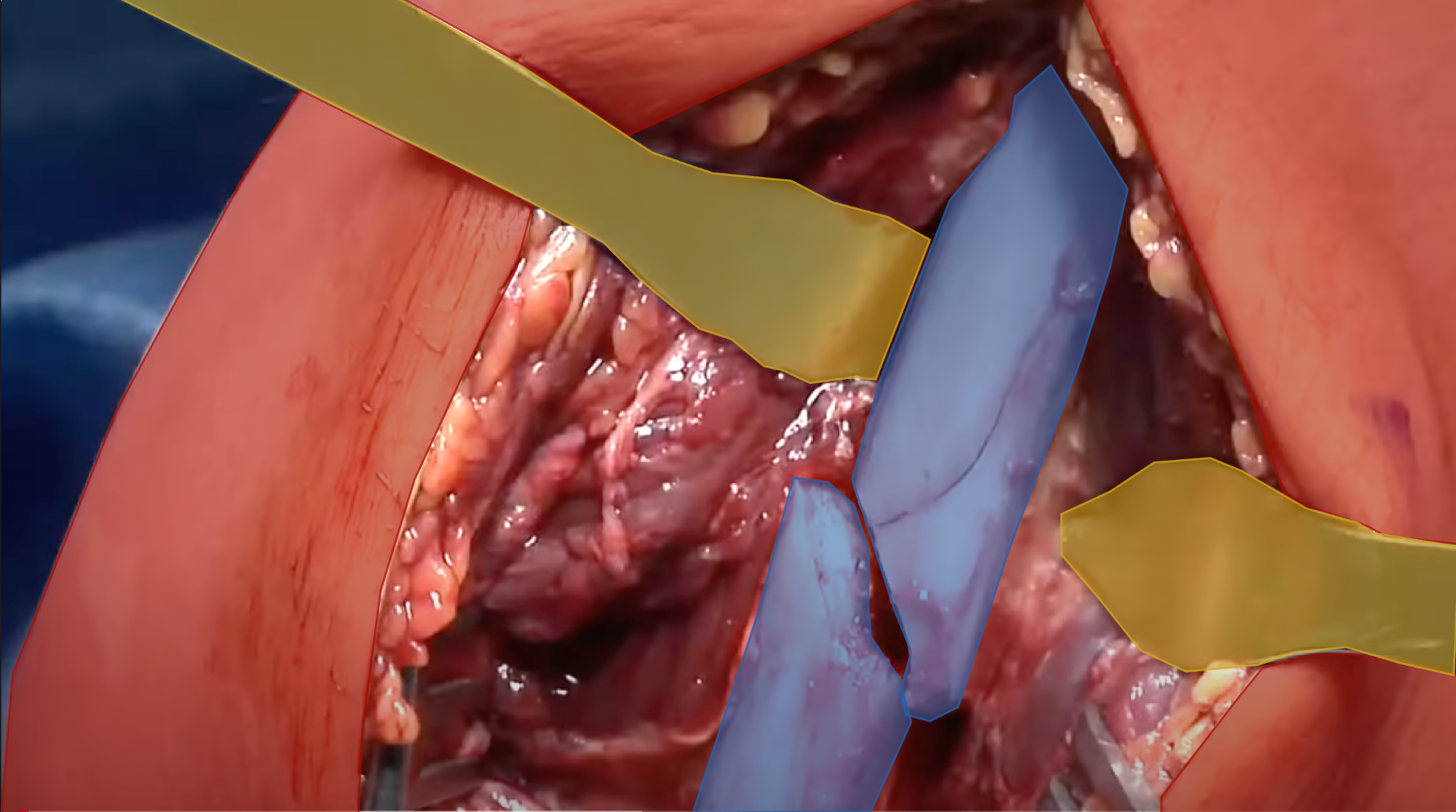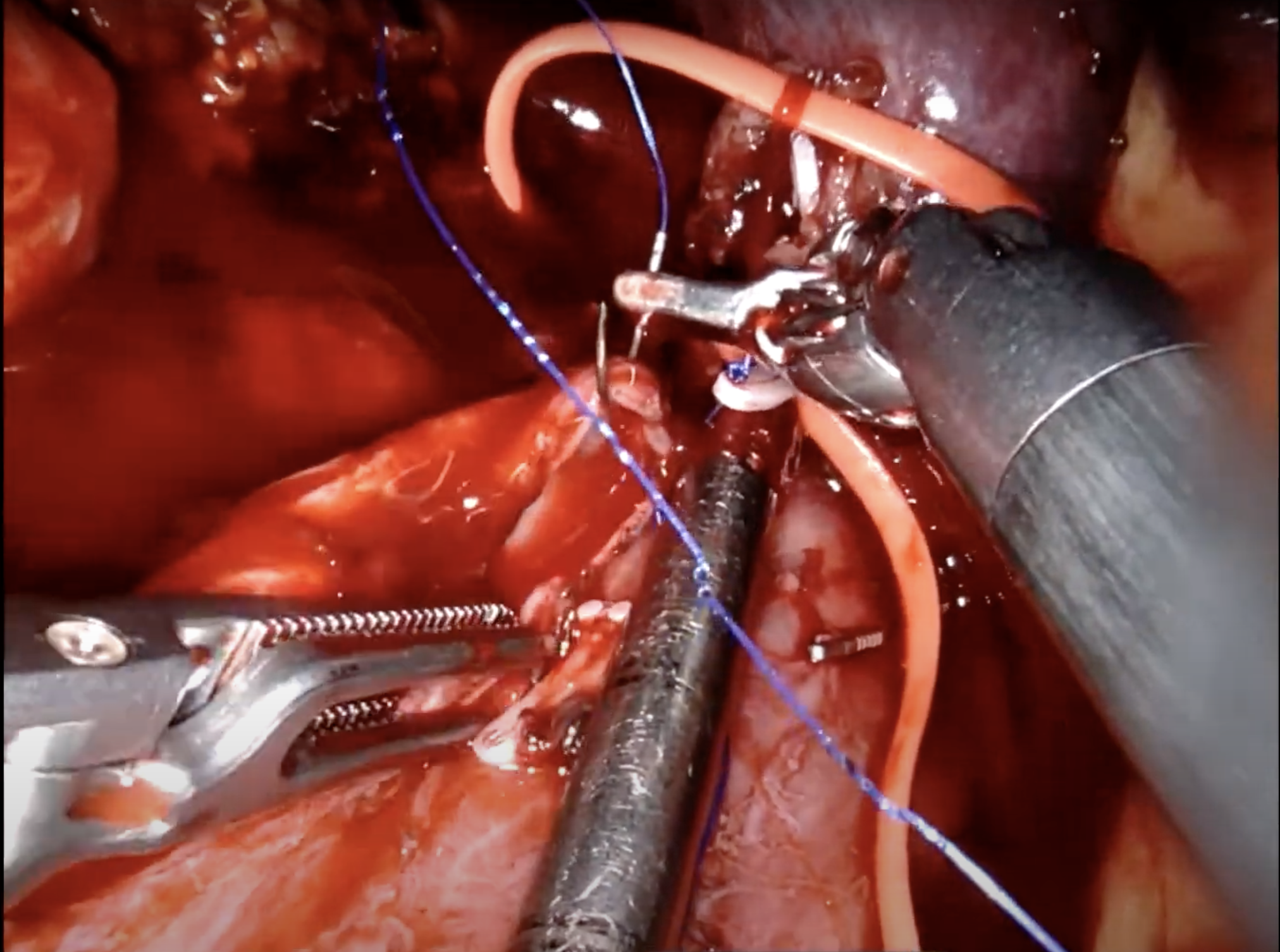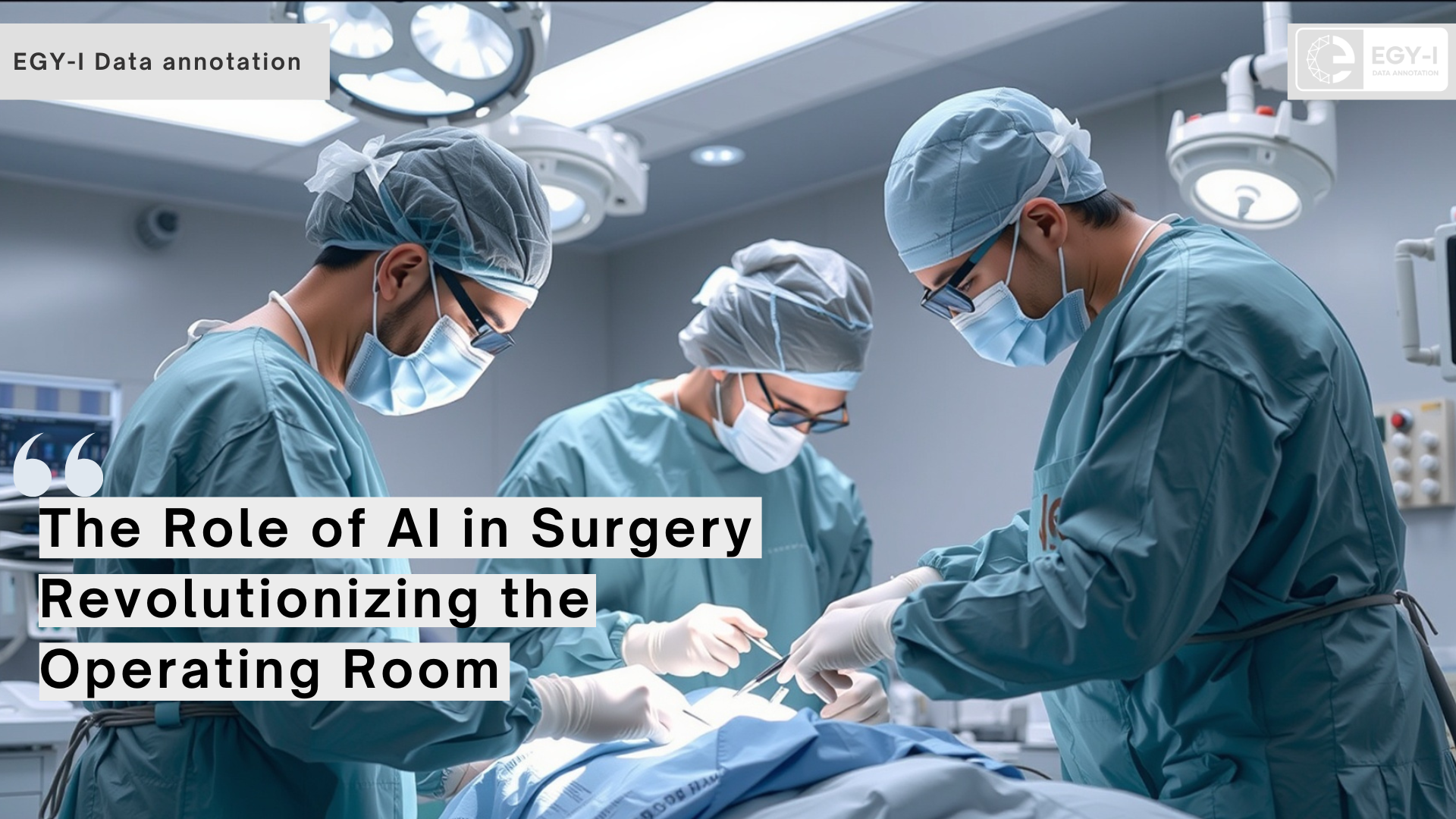Artificial Intelligence (AI) has rapidly transformed multiple sectors, and healthcare is no exception. In the realm of surgery, AI technologies are not only enhancing the capabilities of surgeons but also improving patient outcomes, reducing risks, and optimizing surgical processes. As AI continues to evolve, its role in surgery is becoming increasingly indispensable, paving the way for a new era of precision, efficiency, and patient-centered care.1. AI-Assisted Diagnostics: The Foundation of Surgical Decision-Making
Before a surgery even takes place, accurate diagnostics are crucial to determine the appropriate course of action. AI plays an instrumental role in assisting healthcare professionals in diagnosing conditions with greater speed and precision. Through the use of machine learning algorithms, AI systems can analyze vast amounts of medical data, including imaging scans, lab results, and patient histories, to help doctors identify conditions that may otherwise go unnoticed.For example, AI-powered systems are particularly adept at reading medical imaging such as CT scans, MRIs, and X-rays. Deep learning algorithms have demonstrated the ability to detect anomalies like tumors, fractures, or blood clots more accurately than traditional methods. This ensures that patients are not only diagnosed earlier but are also referred for the appropriate surgical intervention much sooner, potentially saving lives and improving recovery outcomes.


2. AI in Preoperative Planning: Tailoring Surgery to the Individual
Once a diagnosis has been made, preoperative planning becomes essential for the surgeon to create the most effective strategy for the procedure. AI tools assist in this phase by analyzing patient data and predicting surgical outcomes based on numerous factors, such as age, medical history, and genetic information.AI algorithms can simulate various surgical approaches and help surgeons select the optimal strategy, minimizing risks and improving efficiency. This is particularly valuable in complex surgeries where the anatomy or condition of the patient may vary widely. For example, AI-powered 3D models of a patient’s body can help surgeons visualize the affected area in detail before making an incision. This allows for better preparation, reduced operating times, and a lower likelihood of complications during surgery.3. Robotic Surgery: Precision and Minimally Invasive Techniques
One of the most exciting applications of AI in surgery is the development of robotic surgical systems. Robots, aided by AI algorithms, can assist surgeons in performing highly complex procedures with greater precision and control. The integration of AI enables these robotic systems to analyze real-time data during surgery, adapting to changes in the patient’s condition and providing the surgeon with enhanced feedback.Robotic systems such as the da Vinci Surgical System and Mazor X Stealthare already in use in many hospitals, performing minimally invasive procedures that require small incisions and offer quicker recovery times. AI algorithms provide real-time assistance by guiding the robot's movements, allowing for more intricate and delicate operations than would be possible with the human hand alone. Surgeons can control these robots with high precision, minimizing the risk of human error and reducing trauma to surrounding tissues.These robotic systems can also allow for more consistent outcomes across a range of surgeries. For instance, robotic systems can ensure a steady hand during long and difficult procedures, reducing fatigue and human error. Additionally, these AI-driven robots enable remote surgery, where surgeons can operate on patients from distant locations using advanced telecommunication technologies. This capability has the potential to revolutionize access to high-quality surgical care, especially in underserved or remote regions.
Suturing using da Vinci Surgical Robot

4. AI in Intraoperative Monitoring: Real-Time Feedback and Enhanced Decision-Making
AI doesn't just aid in preoperative and postoperative stages of surgery; it can also play a vital role during the procedure itself. During surgery, a myriad of data points must be constantly monitored, such as the patient's vital signs, anesthesia levels, and the progress of the operation. AI algorithms can help interpret this data in real-time and provide surgeons with insights or warnings about potential complications, allowing them to act swiftly and adjust their approach if necessary.For example, AI-based systems can analyze physiological data such as heart rate, blood pressure, and oxygen levels to predict complications like blood loss, arrhythmias, or organ failure. By processing these inputs in real-time, AI can flag anomalies earlier than traditional monitoring systems, giving surgeons a head start in addressing issues before they become critical.Moreover, AI can support decision-making by analyzing trends in the surgical process. For instance, AI could alert the surgical team if a particular technique is causing more bleeding than expected or if a vital organ is being jeopardized. Such capabilities help enhance safety, streamline procedures, and improve surgical outcomes by providing actionable insights during high-stress situations.5. AI in Postoperative Care: Improving Recovery and Reducing Complications
The role of AI doesn’t end once the surgery is over. In the postoperative phase, AI can assist in monitoring recovery, managing pain, and predicting complications. AI-driven predictive analytics can assess various factors, such as wound healing, infection risks, and signs of post-surgical complications like blood clots or organ dysfunction. These systems help clinicians make more informed decisions about treatment plans and the need for interventions.AI is also valuable in optimizing pain management. Using data from a patient’s medical history, demographic information, and real-time observations, AI can assist healthcare providers in delivering personalized pain relief strategies. For instance, AI systems can predict how patients are likely to respond to different analgesic medications, allowing for more effective pain management with fewer side effects.Furthermore, AI-powered virtual assistants and chatbots can be used to provide continuous support to patients after surgery. These digital assistants can answer patient questions, remind them about medications, and provide guidance on rehabilitation exercises, enhancing the overall recovery process.6. Enhancing Surgical Education and Training
AI is also playing an important role in the education and training of the next generation of surgeons. Surgical simulators, powered by AI, provide trainees with realistic, immersive environments where they can practice and refine their skills without the need for live patients. These simulators can replicate various surgical scenarios, including complications, allowing trainees to learn how to respond effectively in a risk-free setting.Additionally, AI can analyze a trainee’s performance in real-time, offering detailed feedback on their technique, accuracy, and decision-making. This data-driven approach to training ensures that surgeons receive more personalized and objective assessments, which can accelerate the learning process and improve proficiency.7. Ethical Considerations and Challenges
While the potential benefits of AI in surgery are clear, there are also important ethical and practical considerations. One significant concern is the issue of accountability. If an AI system were to make a recommendation or decision that led to a poor patient outcome, who would be held responsible? The human surgeon or the developer of the AI system?Moreover, there are concerns about the potential for bias in AI algorithms. If an AI system is trained on data that lacks diversity or is incomplete, there is a risk that it could lead to inequitable healthcare outcomes. Ensuring that AI tools are trained on diverse and representative datasets will be crucial to avoid reinforcing existing disparities in healthcare.
Conclusion: The Future of AI in Surgery
AI's role in surgery is transforming how procedures are planned, performed, and followed up. From preoperative diagnostics to robotic surgery, intraoperative decision support, and postoperative care, AI is becoming an essential part of the surgical ecosystem. As technology continues to advance, AI will only become more integrated into the surgical workflow, improving outcomes, reducing risks, and enhancing patient care.However, it is important to approach this revolution in surgery with careful attention to ethical issues, accountability, and the potential impact on the surgeon-patient relationship. By navigating these challenges thoughtfully, AI has the potential to significantly enhance the quality and accessibility of surgical care, making surgery safer, more efficient, and ultimately more effective in saving lives.The future of surgery is not human vs. machine; rather, it’s human + machine—working together to provide better care and achieve better outcomes.




